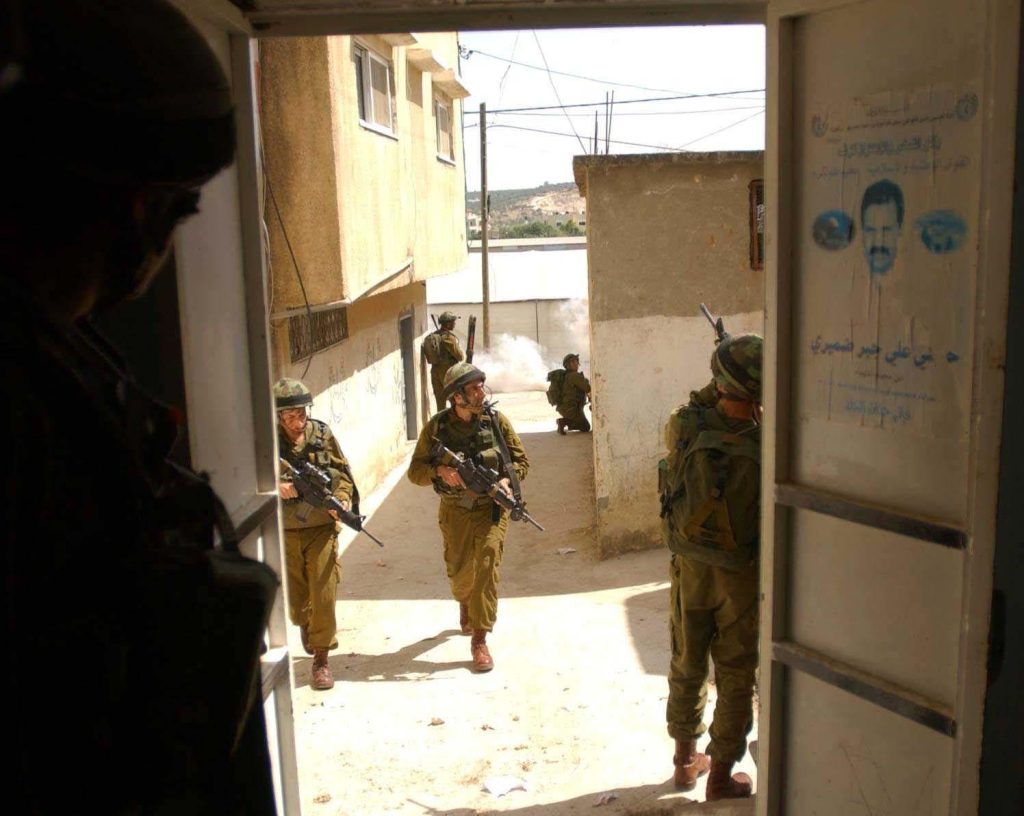Australia/Israel Review
The lessons of Oslo’s failure
Sep 27, 2023 | Efraim Inbar

Failures can be costly but instructive. The Oslo Accords assumed that a fundamental change had taken place in the attitude of the Palestinian National Movement toward the State of Israel. Nevertheless, to this day, recognition of the State of Israel as the nation-state of the Jewish people has not been granted.
Moreover, Palestinians continue to use violence against Israel. Indeed, according to public opinion polls among the Palestinians, the use of force against Jews receives considerable support. Even if part of the Palestinian population is tired of the conflict and wants peace and prosperity, the price of the continuous confrontation with Israel has not discouraged Palestinian groups animated by the concept of violent resistance – Muqawama – to the ‘Zionist entity’.
In accordance with the Oslo Accords, Israel transferred territories to the exclusive control of the Palestinians, hoping the newly established Palestinian Authority (PA) would become a good neighbour and prevent terrorism. That did not happen, and the PA is having difficulties functioning as a state.
The defining characteristic of a state is the monopoly over the use of force. The Ramallah-based government lost control of the Gaza Strip to a rival armed militia, Hamas, in 2007. The PA recently lost control of the northern West Bank, and the refugee camps have become strongholds of armed organisations that do not obey the PA.
The inability to maintain a monopoly over the use of force characterises many Arab entities. Lebanon, Libya, Iraq, Syria, and Yemen are countries in name only because the central government lacks the power to control armed groups. That does not bode well for the region’s prevailing political culture and the possibility of reaching stable, peaceful relations with our neighbours.

The PA has been unable or unwilling to monopolise the use of force, hence it is not able to act as a functioning state (Image: AAP)
Unfortunately, Israel lives in a region where peace between countries does not prevail, and using force is an alternative that comes to mind for resolving conflicts between neighbours. In contrast to zones of peace (North America, for example), the use of force in the Middle East is an acceptable policy for political entities.
Israel must internalise that it will have to live by its sword for a long time.
Its security needs require military control of the entire territory of the Land of Israel – from the River Jordan to the Mediterranean Sea. That means Israel will continue to monitor the area where many Palestinians live. Israel has no choice but to explain to itself and the world that the Palestinians are hostile to Israel and that Palestinian groups act violently against the Jewish State.
Moreover, the Palestinian political system cannot prevent terrorism against Israel even if it wants to. If there is no change in the Palestinian education system, which teaches antisemitic and anti-Israeli content, if the PA continues to pay terrorists, and as long as its media persists in broadcasting despicable antisemitic messages – there will be no peace. And “occupation” will continue to characterise relations between Israel and the Palestinians.
Today, there is a national consensus in Israel that the 30-year attempt to resolve the conflict with the Palestinians has failed – and the shared understanding is that a resolution to the 150-year-old conflict will remain elusive. The Israeli policy of managing the dispute is the default of the Oslo process.
This insight has also gradually permeated the international community. Conflict management requires reducing friction with the Palestinians by cautious use of military power and selective settlement (only in places of security importance, such as around Jerusalem and the Jordan Valley). Only such a settlement policy can gain international understanding of Israel’s control of the West Bank.
While the Palestinian issue has not been resolved, it is clear today that this conflict is not the “key” to stability in the Middle East. Unfortunately, it is ridden with many disputes, and a myriad of socio-economic problems in which the Jews have no part.
Furthermore, the Palestinian issue does not prevent Arab countries from maintaining public diplomatic relations and mutually beneficial relations with Israel. In 1979, Egypt defied the widespread assumption that the Palestinians had veto power over improving ties with Israel. The Abraham Accords of 2020 underscored this lesson.
However, Israel should not fall under the illusion that its acceptance in ever-growing circles in the Arab world is a one-way process. The Palestinian issue still reverberates in the corridors of government and the classrooms of educational institutions in the Arab world. Under certain circumstances, Israel could find itself isolated and threatened by Arab countries again. Therefore, Israel needs to continue investing in a strong IDF, which is the guarantee for the security of the country and its citizens.
It is a pity that the learning process required the shedding of Israeli blood. At first, the terrorists’ victims were called by Oslo supporters “victims of peace”. Over time, it was recognised that the casualties resulted from Palestinian terrorism motivated by visceral hatred of the Jewish state. Abundant Jewish blood was needed to shed away a beautiful but unrealistic dream. Apparently, nations learn slowly.
Professor Efraim Inbar is President of the Jerusalem Institute for Strategy and Security (JISS). Previously, Professor Inbar was the founding director of the Begin-Sadat Centre for Strategic Studies, a position he held for 23 years (1993-2016), and a professor of political studies at Bar-Ilan University. © JISS (www.jiss.org.il), reprinted by permission, all rights reserved.
Tags: Israel, Palestinians






